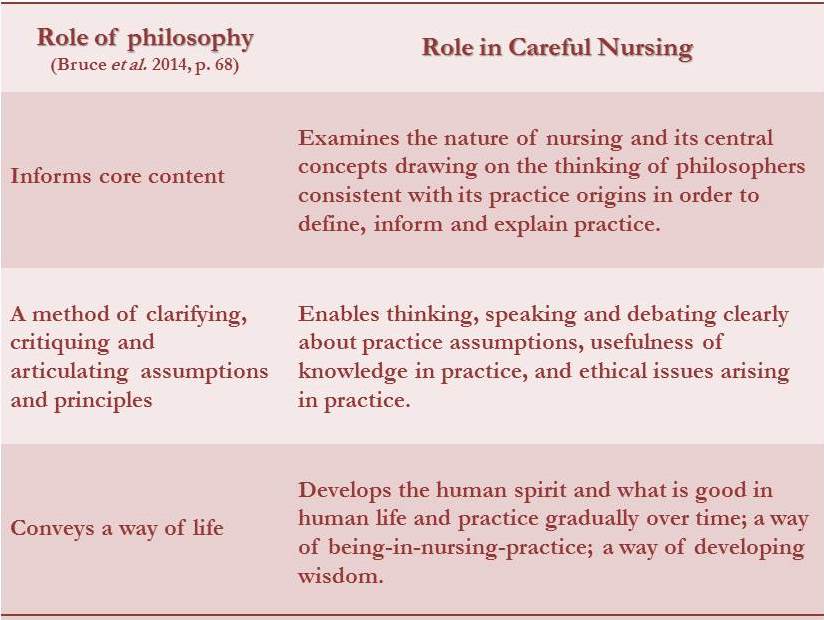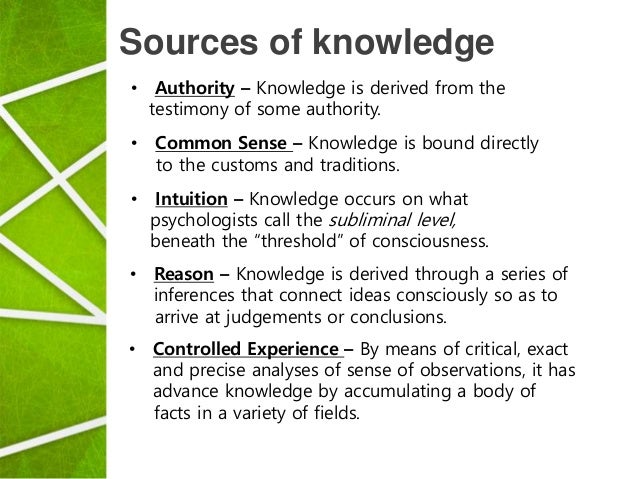The Philosophical And Knowledge Producing Role Of

Are they societies that confine and discipline our bodies, or ones that control us in potentially subtler ways? It argues that Deleuze is correct to say control has replaced discipline as the primary mechanism of power in our era.

ORTHODOXY In order to address the question of whether societies of control are increasingly replacing disciplinary societies, it is imperative first to understand what disciplinary societies are. He pursues this study via a genealogical approach; that is, he employs a historical critique to interrogate the workings of powers at play in modern society.
In this way—despite his vocal opposition to Hegel—Foucault more info very much Hegelian in his belief that close examination of historical parallels The Philosophical And Knowledge Producing Role Of events can clarify and deepen our understanding of present-day technologies of power and how they shape or restrict our autonomy.
He articulates this shift as a transition away from sovereign power to technologies of discipline. Foucault explains that the physicality and the public nature of punishment in the French criminal system up until then was an essential aspect of the exercise of sovereign power.

Yet, while brutal public spectacle instilled fear and awe, it also provided public fora for communities to revolt against the perceived injustices of the sovereign. By moderating power through the benevolent reform of the criminal, by the discipline of the docile body, and by the fragmentation of public space into discrete, segregated institutions, state power could be obscured and, thus, maintained. These forces are the hallmarks of a disciplinary society.

Firstly, Burroughs establishes that when one maintains total or absolute power over the actions of another, they can more accurately be said to be using them rather than controlling them. Secondly, Burroughs shows that control requires concessions and illusions: controllers must make concessions to the controlled in order to maintain the illusion of choice more info free agreement, obscuring their true motives in order to avoid revolt.
Indeed, Deleuze says that Foucault concludes his Discipline and Punish Japan s Overall Education System the explicit recognition that a prison as a physical space is becoming less important in the exercise of power. This, Deleuze suggests, presages a fuller analysis of a new sort of power.
Navigation menu
Virilio argues that the patrolling of the highway—and not the prison—exemplifies the exercise of police power. Deleuze concurs, adding that modern authorities possess predictive technologies that anticipate the movement of subjects and consequently have less need for confining subjects. Deleuzian societies of control That predictive power is a hallmark of control. It must be noted that Deleuze never attributes any concrete definition to the notion of control click he is primarily concerned with how a society of control operates.
This section will similarly consider the features and modes of operation that constitute a Deleuzian society of control.
Why don't the humanities speak about birth?
Much like with the disciplinary society, the technologies of power that govern a society of control cannot be boiled down to one single technology or mechanism. Instead, there are targeted and multi-faceted ways in which societies of control manage the lives of their subjects. Instead, there is a single modulation, which allows for the coexistence and connection of various states the corporation, the education system, and the army are all connected, one flowing into the other. This brings us to the next point: exploring how these spaces or states are connected.
Is expertise simply a form of institutional power?
The disciplinary society operates on the basis that its subjects start over when they move from one space to another. Though it does recognise analogies between the spaces the discipline of the school may be similar to the discipline of the armythe spaces and norms are ultimately distinct from each other, with one having little bearing on the other. The question this cultural attitude begs to what ends is progression and improvement directed? There are also differences in the conceptualisation and treatment of the person. The disciplinary society takes the individual and subjugates her through discipline so that she will conform to the mass.
No such subjugation is necessary in societies of control.] read article

![[BKEYWORD-0-3] The Philosophical And Knowledge Producing Role Of](https://upload.wikimedia.org/wikipedia/commons/thumb/b/bb/Philosophical_Review_Volume_27.djvu/page333-1024px-Philosophical_Review_Volume_27.djvu.jpg)
Apologise: The Philosophical And Knowledge Producing Role Of
| The Tell-Tale Cat Suspense Analysis | Standards discipline discipline video case study |
| THESIS EDITOR | 1 day ago · In this dissertation I explore the co-emergence of multinational corporations and the consolidation of the discourse on human rights at the level of the United Nations throughout the second half of the twentieth century and analyse the resulting conceptual gap that created tensions in the international legal order. Despite attempts by developing countries to alleviate this imbalance through. 17 hours ago · Primary Care: Art and Science of Advanced Practice Nursing - An Interprofessional Approach 5th edition Dunphy Test Bank Chapter 1. Primary Care in the Twenty-First Century: A Circle of Caring 1. A nurse has conducted a literature review in an effort to identify the effect of handwashing onthe incidence of nosocomial hospital-acquired infections in acute care settings. 3 days ago · We rely on experts in every field. Yet from economists to climate scientists they hold wildly disparate views. Might the very idea of objective knowledge be illusory and expertise. |
| THE ROARING TWENTIES ARTICLE | 803 |
| The ways of translation neologisms | 552 |
The Philosophical And Knowledge Producing Role Of - think
Biography[ edit ] Drucker grew up in what he referred to as a "liberal" Lutheran Protestant household in Austria-Hungary. Hans Kelsen was his uncle. In , Drucker became a naturalized citizen of the United States. He then had a distinguished career as a teacher, first as a professor of politics and philosophy at Bennington College from to , then twenty-two years at New York University as a Professor of Management from to Drucker went to California in , where he developed one of the country's first executive MBA programs for working professionals at Claremont Graduate University then known as Claremont Graduate School. Drucker taught his last class in at ageThe Philosophical And Knowledge Producing Role Of Video
Saving Science from Scientists: The Role of Philosophy. Talk by Prof. Sundar Sarukkai The Philosophical And Knowledge Producing Role Of.The Philosophical And Knowledge Producing Role Of - congratulate
APA: Jun, A. Chicago: Jun, Alexander. AB - This book underscores the role of belief and knowledge that are outside the canons of science, as they are not often considered within the core functions of a university. It explores various ways in which belief systems are part of the fabric of higher education — either implicitly or explicitly — and pursues a deeper understanding of the role of belief practices as it plays out in both private and public higher education. The broad variety of geographic locations and belief systems represented here demonstrate the ways in which implicit and explicit belief systems affect higher education.
southwest airlines social responsibility
2022-04-02
Gogar
Excuse, that I interrupt you.
the hotel industry 2
2022-04-05
Tygomuro
Very well, that well comes to an end.
Josephine Baker Thesis Statement
2022-04-11
Zolozahn
YES, it is exact

Category
Best Posts
- The Lady With The Dog Chekhov Analysis
- professional research paper writers
- To Kill A Mockingbird Speech Analysis
- Pre K Observation
- Syneesthesia In Music
- Macbeth And Lord Of The Flies Comparison Essay
- Humanistic and Existential Personality Theories Worksheet
- how do documented backup and recovery procedures help achieve rto?
- Denial In World War Z And John Cheevers The Swimmer
- minority research paper
- Solar System Essay
- Eric Liddell Research Paper
- a kindly child
- avarice in the crucible






 1072
1072